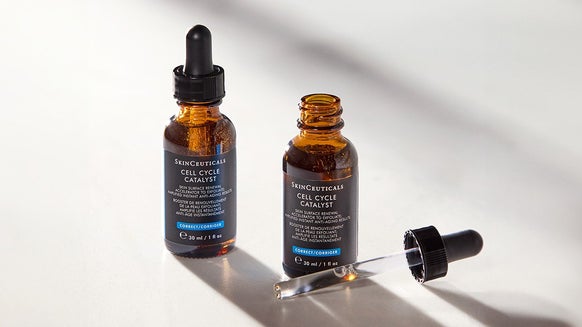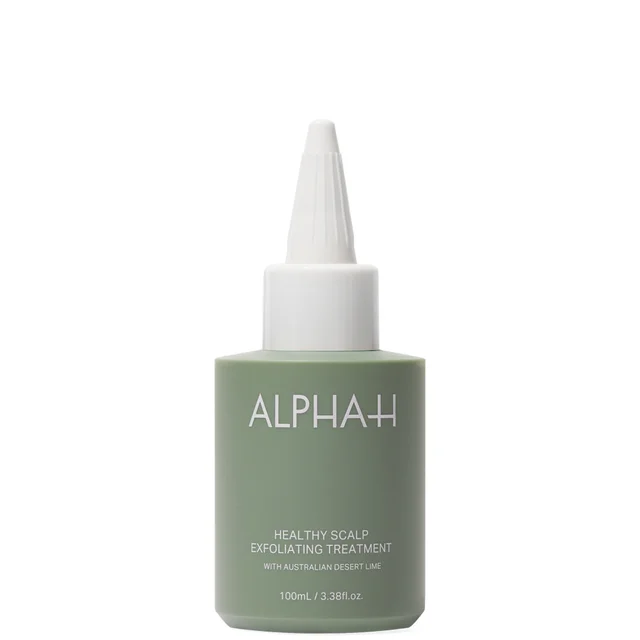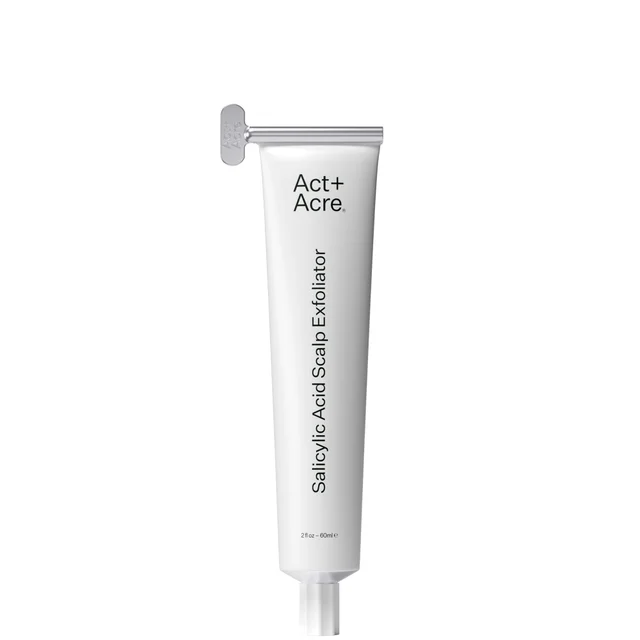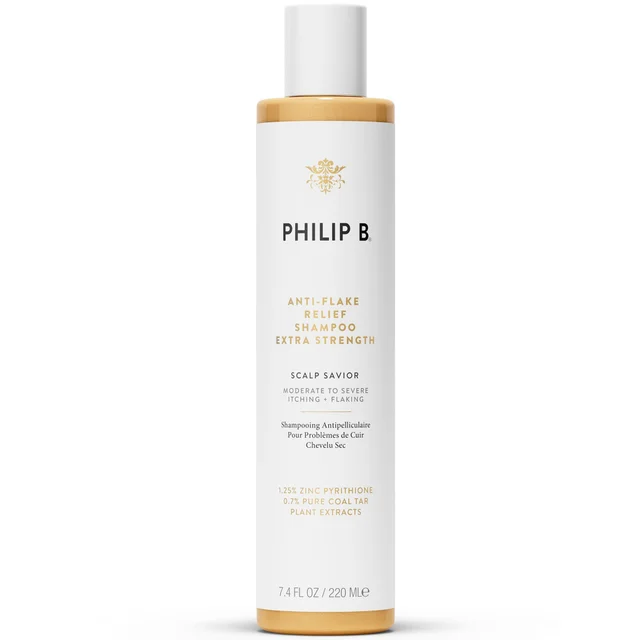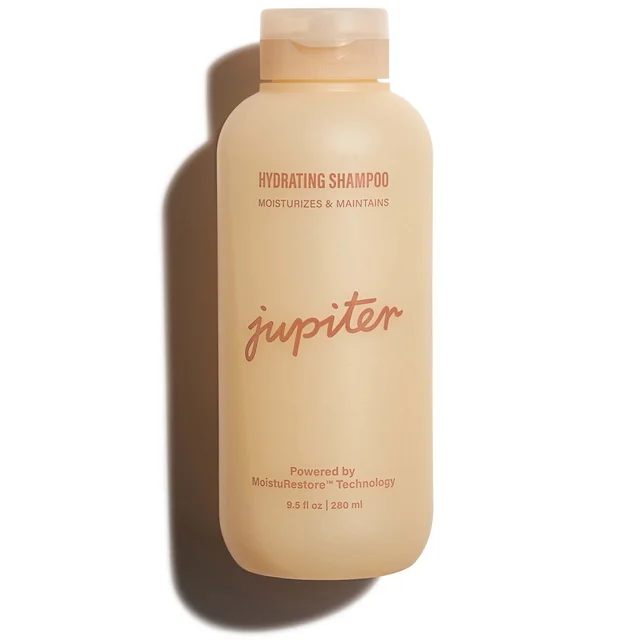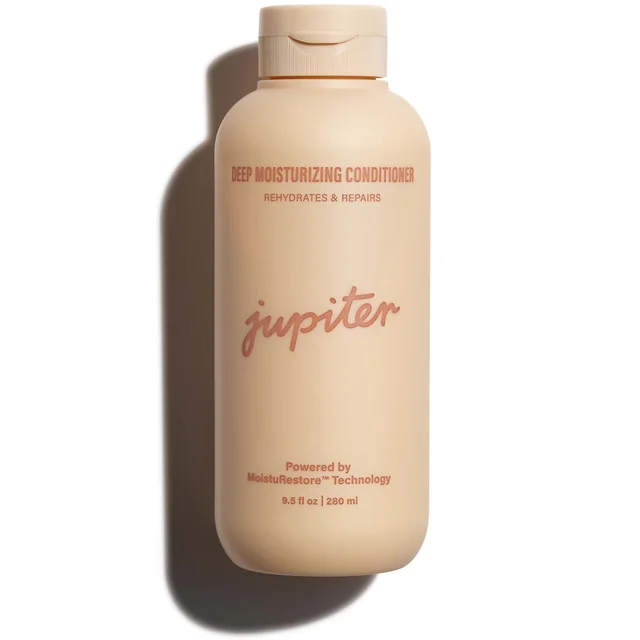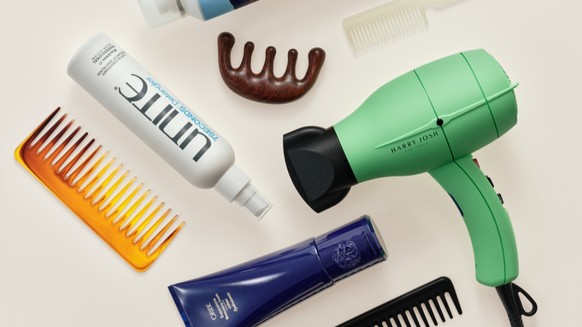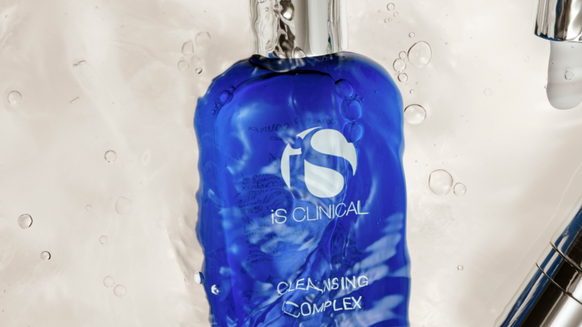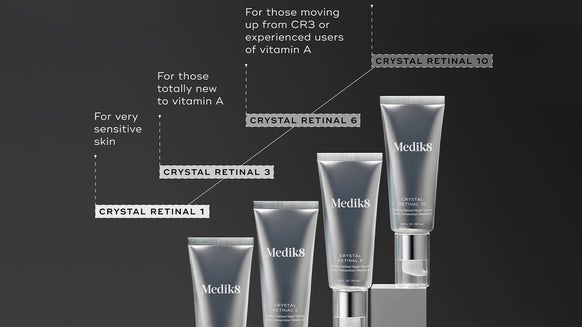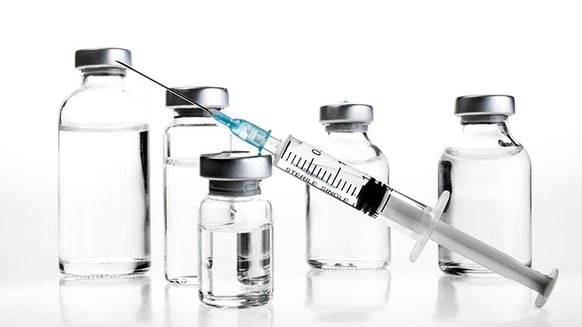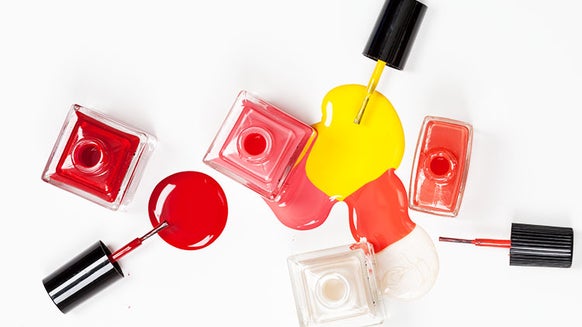How to Moisturize the Scalp: 9 Derm-Approved Tips
Dry, itchy, and flaky skin is a major no-no when it comes to your face, but what about your scalp? While we often obsess over the latest beauty trends and can’t sing enough praises for our ride-or-die skincare products, some of us may be guilty of neglecting our scalp. And when you think about the fact that a dry and damaged scalp can lead to a host of issues for your crowning glory, it only makes sense to give it the same TLC you pamper your face with. So, if you’re wondering how to moisturize the scalp, you’ve come to the right place. Below, we list down our top expert tips for a healthier, hydrated, and well-moisturized scalp.
Meet the Expert
Dr. Ohara Aivaz, Persana verified physician and double-board certified medical and cosmetic dermatologist.
Tips on How to Moisturize the Scalp Effectively
1. Get to the Root of it
“There are many signs of scalp damage that a dermatologist looks for—such as a very shiny look to the scalp that can indicate scarring and loss of hair follicles, redness, flaking, and even scalp pain,” explains Persana verified physician and double-board certified medical and cosmetic dermatologist Dr. Ohara Aivaz. Scalp damage can occur due to several factors, so knowing exactly what’s causing the problem is the first step in addressing it. Dryness and itchiness can be due to sunburn, prolonged exposure to cold weather, and sensitivity or allergic reaction to some ingredients in your hair products. Skin conditions like psoriasis and seborrheic dermatitis—also known as dandruff—which can flare up when you’re under a lot of stress or when your immune system is weakened, can also lead to a dry and itchy scalp.
2. Stay Away from Sulfates
Sulfates, which are typically found in shampoos and conditioners, are known for their cleansing properties, but they’re also notoriously harsh on your scalp and hair. They can zap your hair’s natural oils and leave your scalp and strands feeling dry and irritated.
3. Keep Your Hair Routine Simple
While you may need to swap out your hair care staples and add scalp-friendlier products into the mix, that doesn’t mean you can go to town with their use. Over-washing your hair and scalp can strip them of moisture, making the scalp feel extra dry or extremely oily to compensate for the lack of moisture. Keeping your hair routine simple also means cutting down on your use of styling tools to let your scalp breathe and recover from the heat and chemicals in your styling products.
4. Look for Ingredients that Nourish Scalp
Now that you know which ingredients to avoid, here are the ones you need in your scalp care routine: vitamins, minerals, and natural oils like jojoba, rosemary, and argan oils. Proteins, vitamins C and E, and biotin strengthens the strands and hair follicles, alleviate dryness, and protect against free radical damage. Minerals like zinc and the compound zinc pyrithione are your best bet if your scalp woes are caused by dandruff or seborrheic dermatitis.
Meanwhile, natural oils and botanical extracts like jojoba oil, argan oil, rosemary oil, and aloe vera can soothe and calm itching while moisturizing and hydrating the scalp. “Rosemary oil can be a great scalp moisturizer. It is also a homeopathic treatment for hair growth, so you can tackle two birds with one stone!” says Dr. Aivaz.
5. Add a Hair Oil
An emollient for the scalp can be the quickest way to restore moisture and relieve symptoms of scalp damage. Not to mention, hair oils can make styling a breeze, adding luster and shine to your strands while taming frizz and improving manageability. “I recommend parting the hair straight down the middle and applying a few drops of oil into the part line,” suggests Dr. Aivaz. “Then move over one inch, part the hairline again, and apply another few drops of oil. Continue to do this throughout the whole scalp, then use your fingers or a scalp massager to massage the oil into the scalp and follicles.”
6. Make Room for a Hair Serum
If you’re concerned that a hair oil might clog your follicles, then opt for a scalp serum instead. Like face serums, scalp-specific serums can target a variety of concerns—cleansing excess oil and product buildup, soothing itchiness and dryness, improving hydration, and encouraging hair growth.
7. Exfoliate Your Scalp
Exfoliation is a key step in keeping your face free of grime, excess oil, and other pore-clogging debris, and the same is true for your scalp. Dirt, sebum, dead skin cells, and product residue can all build up on your scalp and cause itching, flaking, and clogging of your hair follicles, so keep an eye out for scalp scrubs and exfoliants formulated with AHAs and BHAs. That said, it’s important to note that over-exfoliation can strip your scalp and hair of moisture and cause irritation, so it’s best to limit the use of exfoliating products to once or twice a week.
8. Keep Dandruff at Bay
Exfoliation is a key step in keeping your face free of grime, excess oil, and other pore-clogging debris, and the same is true for your scalp. Dirt, sebum, dead skin cells, and product residue can all build up on your scalp and cause itching, flaking, and clogging of your hair follicles, so keep an eye out for scalp scrubs and exfoliants formulated with AHAs and BHAs. That said, it’s important to note that over-exfoliation can strip your scalp and hair of moisture and cause irritation, so it’s best to limit the use of exfoliating products to once or twice a week.
9. Consider a Scalp Treatment
Exfoliation is a key step in keeping your face free of grime, excess oil, and other pore-clogging debris, and the same is true for your scalp. Dirt, sebum, dead skin cells, and product residue can all build up on your scalp and cause itching, flaking, and clogging of your hair follicles, so keep an eye out for scalp scrubs and exfoliants formulated with AHAs and BHAs. That said, it’s important to note that over-exfoliation can strip your scalp and hair of moisture and cause irritation, so it’s best to limit the use of exfoliating products to once or twice a week.
Shop the Best Hair Scalp Products
1. Act+Acre Daily Hydro Scalp Serum
A parched scalp needs a tall drink of water, and that’s exactly what this daily leave-on scalp serum delivers. Infused with hydration heavyweights glycerin and hyaluronic acid, its ultra-hydrating formula delves deep into the skin’s layers to rebalance and soothe the scalp while strengthening its moisture barrier.
Key Ingredients: Multi-Molecular Hyaluronic Acid (MMHA), Glycerin, Amino Acids
Skin Type: All skin types
Beauty Insider Tip: Apply three to four pipettes of the serum on clean, damp scalp and massage the product evenly. No need for rinsing!
2. Alpha-H Healthy Scalp Exfoliating Treatment with Australian Desert Lime
In just one minute, you can rid your scalp of product buildup and excess oil with this hardworking exfoliating treatment that’s meant to relieve flaking, itching, redness, and sensitivity.
Key Ingredients: Salicylic Acid
Skin Type: All skin types
Beauty Insider Tip: This pre-wash treatment is the first step in your hair care routine and should be applied to dry hair before shampooing.
3. Act+Acre Cold Pressed Scalp Renew Treatment
Skin Type: All skin types
4. PHILIP B Anti-Flake Relief Shampoo
For scalp psoriasis and dandruff that refuse to go away, reach for this flake-fighting treatment shampoo. Formulated with one percent zinc omadine (zinc pyrithione) and 0.525 percent coal tar, it soothes troubled scalps by rebalancing dry and oily scalps, stabilizing cell turnover rate, and calming redness and irritation.
Key Ingredients: 1% Zinc Omadine, 0.525% Tar Coal, 13.6% Pure Active Plant Concentrate
Skin Type: All skin types
Beauty Insider Tip: This daily treatment shampoo is also safe for color- or keratin-treated hair.
5. Jupiter Hydrating Shampoo
6. Jupiter Deep Moisturizing Conditioner
Key Ingredients: Jackfruit, Olive Leaf Extract, Pre and Probiotics, Rice Bran Extract
Skin Type: All skin types
Beauty Insider Tip: For best results, use this moisturizing conditioner even on days when you’re not shampooing.
FAQs
How Should You Moisturize the Scalp for Dandruff?
Dandruff can be a little tricky to address because of all the misconceptions regarding its causes and treatment. In most cases, Dr. Aivaz says, “Seborrheic dermatitis, which is the medical term for dandruff, is actually caused by an overgrowth of yeast called Malassezia in the scalp. Malassezia loves oil—so the more oil that is placed in the scalp or the less frequently someone washes hair, the more likely they’ll experience dandruff.” An exception to this, however, is skin conditions like psoriasis and eczema “that do require scalp moisturization,” adds Dr. Aivaz. “It’s important to see a dermatologist to differentiate between these conditions.”
Does Moisture Help with Hair Growth?
“Scalp dryness and dandruff can certainly stress out hair follicles, which can in turn stunt hair growth,” explains Dr. Aivaz. You can counter this by adding hair care products with moisturizing ingredients that nourish the scalp and hair follicles, strengthen strands, and encourage hair growth.
The Bottom Line
Thick, luscious, and healthy hair can only be possible with a well-moisturized and nourished scalp. Just like the skin in your face and the rest of your body, the scalp also needs pampering to stay in fighting form and prevent common scalp concerns like dryness, itching, irritation, and dandruff. With some few tweaks in your hair routine and by following these expert tips on how to moisturize scalp, you’ll be well on your way to having a hydrated, healthier scalp.

Janeca Racho is a Journalism graduate with over 15 years of writing experience. After getting her start in public relations and advertising, she made the switch to freelance writing and began working for various lifestyle, fashion, and travel brands. Her love for all things skincare has led her to beauty reporting and research for the last ten years. Writing for several hair and beauty blogs, she reports on anti-aging staples, trending brands and products, must-have ingredients, and health and wellness.
Related Posts

The Beauty Benefits of Pumpkin (Plus the Best Skin Care Products That Have It)
